Description
ABSTRACT
Jurisdiction and Arbitration of Tax Disputes in Nigeria
Dr. Olumide Obayemi*
Currently, in Nigeria, there are several decisions of the Court of Appeal, that are theoretically based on public policy and the Nigerian Constitution which declare that tax matters are not arbitrable. Yet arbitration has gradually been generally accepted as an alternative mode of settling disputes among litigants in Nigeria. Therefore, this paper examines the history, philosophy and global perspectives regarding arbitration and tax jurisprudence, and submits that it accords with the spirit of law, business and justice to allow arbitration clauses in tax statutes and instruments and also make such enforceable. The paper discusses the background to the problems in arbitration and tax in Nigeria, looks at the gradual process of adoption of arbitration into the Nigerian legal system, and reiterates the need for certainty of laws governing the Nigerian business terrain. Further, the paper critiques the extant provisions of the Nigerian Constitution applicable to the matters under consideration, and looks at the regulatory powers over taxation matters and the separate decisions of the Court of Appeal on taxation matters contained in arbitration agreements. It goes on to discuss all the issues raised by contemporary court decisions on tax and arbitration in Nigeria. Finally, the paper states that the ouster clause under Section 251(1) of the Nigerian Constitution should not extend to arbitral tribunals, i.e., the “exclusive jurisdiction” bar as to federal revenue under Section 251(1)(a)&(b) of the 1999 Constitution and other applicable statutes would not extend to Arbitral Tribunals and/or Panels which are not courts of records stricto sensu. Ultimately, the paper proposes that Nigeria must continue to aspire to keep up with globalisation and its demands by adopting the global trend which allows arbitration of private tax disputes, thereby moving beyond short-term solutions in favour of more solid alternatives.
Keywords: Arbitration, Arbitral Tribunal, Tax Disputes, Nigerian Constitution.
INTRODUCTION
Nigerian statutes are now getting tested and interpreted by the Nigerian superior courts after staying dormant for a long period – a situation that has attracted the comments and attention of most tax stakeholders in Nigeria. The present President Muhammadu Buhari-led administration has stated its commitment to diversify the sources of government revenue by significantly increasing tax to Gross Domestic Product (GDP) ratio, among other things.1 Further, the 2016 Nigerian National Tax Policy2 has stated the challenges facing the Nigerian tax system as including the need to grow internally generated revenue which has led to the arbitrary exercise of tax powers
* ACTI, MCIArb (UK); LLM (Alberta, Canada); LLM (Tax), SJD. Attorney admitted to the Bars of the State of California and Federal Republic of Nigeria. Senior Counsel with the Oil & Gas/Tax Group at Ajumogobia & Okeke (Lagos), and Lecturer, Department of Commercial & Industrial Law, University of Lagos, Akoka.
- See, Senator Aliyu Abdullahi, ‘Lead Debate on Nigerian Tax Academy (Establishment) Bill, 2016 (SB 330)’, accessed 17 January 2018; See, also, Olumide K. Obayemi, ‘An Appraisal of the 2017 Joint LIRS and JTB’s Public Notices Seeking to Curb Tax Avoidance Techniques Arising from Voluntary Pension Contributions’ (2017) Lagos State University’s Faculty of Law’s Readings in Law, 1.
- Federal Ministry Finance, Nigerian Tax Policy (Federal Ministry Finance, Abuja, September 28, 2016). Released by Professor Abiola Sanni’s Committee on Tax Policy Reform accessed 3 October 2017. (NTP 2016)

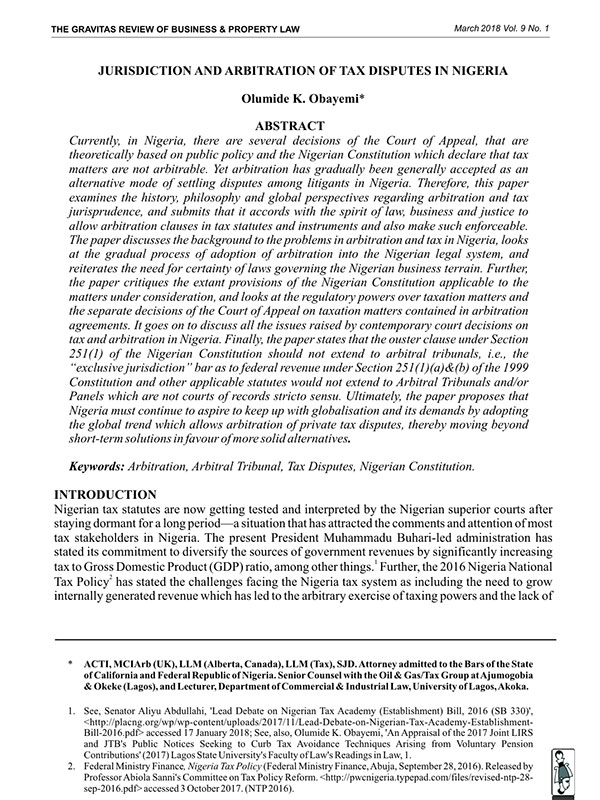
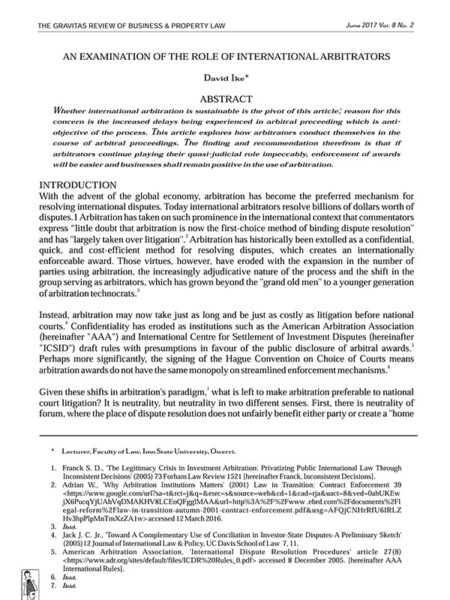
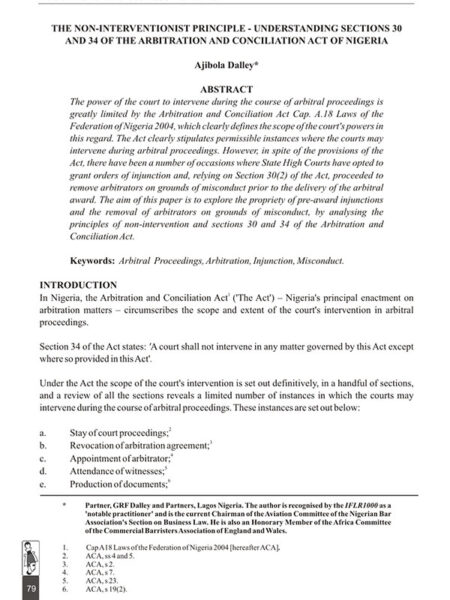
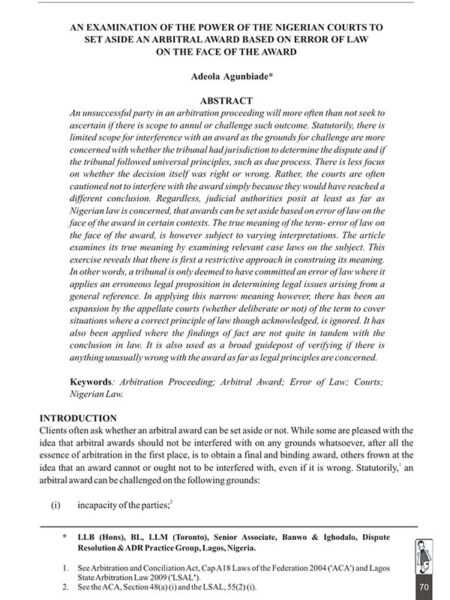
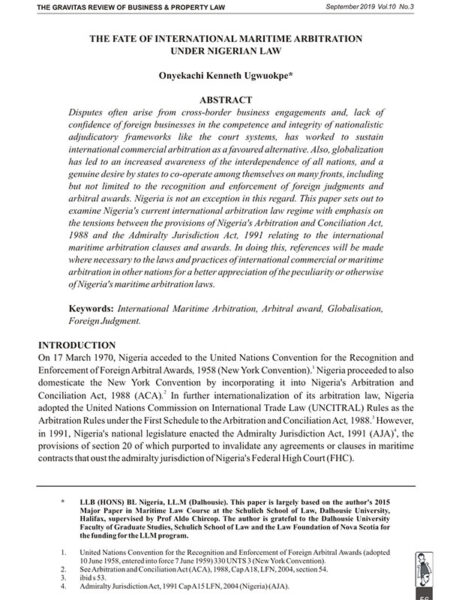


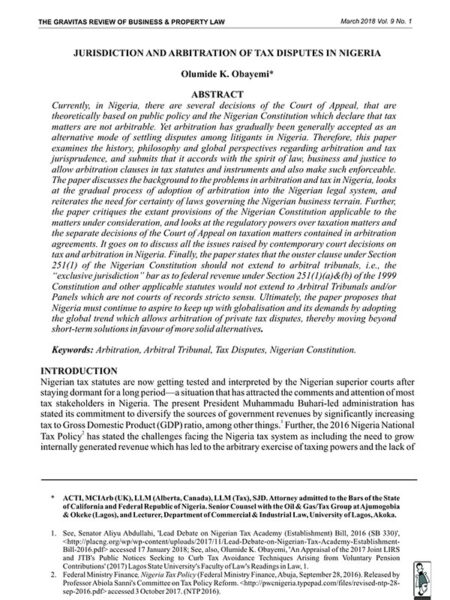
Reviews
There are no reviews yet.